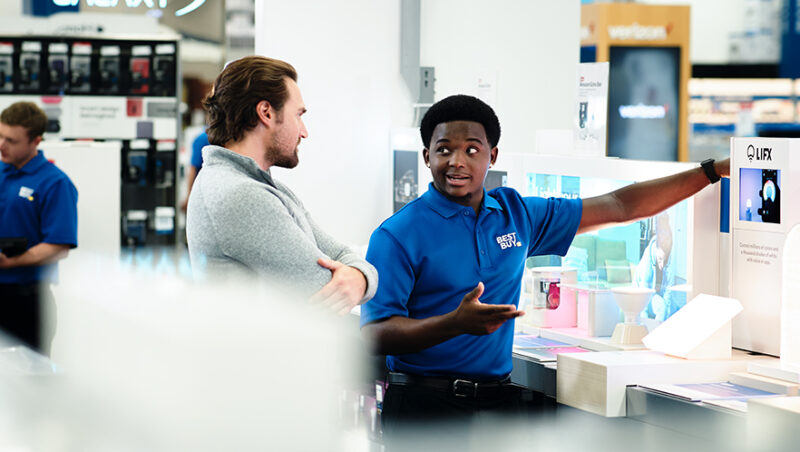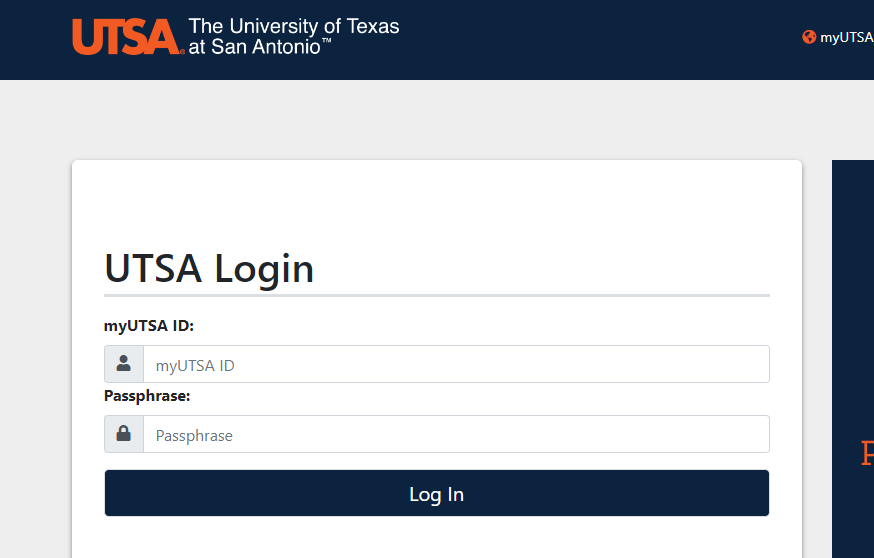“Children think differently than adults” this is what Jean Piaget’s Cognitive Developmental Theory proposed. This theory briefly explains a child’s development in terms of thought processes and mental states. Their thoughts affect the way they interact with the world.
A child’s mind is as absorbent as a sponge, and they are fast learners. This fact is why the formation of early childhood education programs are relevant today. Besides increasing a child’s intellectual capacity, it also teaches different values in life that are vital to widen their understanding of life and themselves.
To discuss it much further, here are some benefits of early childhood education:
- Socialization – Children are humans as well, regardless of age, they need social interaction to improve themselves further. By building relationships, they can seek cooperation with one another and strengthen teamwork.
- Value for Education – At an early age, they should know the importance of knowledge. How it is both power and edge that they must use for exemplary purposes only. They must have the eagerness to learn without the pressure, of course. Parents and teachers should make their first learning experience fun to retain this enthusiasm for their entire lives.
- Learning how to respect – Through constant interactions with people, they learn how to be respectful. Gradually, they will learn other values such as honesty, kindness and obedience.
- Building their confidence and self-esteem – With the improvement of their social skills, their shyness is removed. And when they get a bit much older, they realize that confidence is not just for their physical appearance but also for their skills and whole well-being.
- Embrace diversity around them – Their constant exposure to the environment, they get to see many different things. While they familiarize themselves to these differences, they get to understand that being different is okay.
Many early childhood education programs are ideal for infants at least six months old up to 9 years old. 0-3 months old, which is often referred to as the Sensitive Stage. This stage is where rapid growth is present and must be appropriately observed. Every child program is specially designed for certain ages, in careful consideration to a child’s brain development and attention span. Rest assured that this kind of learning is not pressuring on your child’s end. Benefits of these kinds of learning programs aren’t seen in a short period. This is a long-term benefit; you will see changes in how they speak and act as they grow older. And even if they have reached the end of this program, surely, they will yearn to learn, and they would want to feed their curiosities, which is not bad because learning should never stop. There is still a lot in the world that remains uncertain or undiscovered. Let them have fun, responsibly.
A gentle reminder for your little one’s journey
Exploring is part of their childhood. So, let them be out there to discover everything that the world has to offer. Let learning opportunities like these, be our way to shape their lives positively. Not by your ideologies but let their form themselves with their experiences alone. Be their guide; be their support system.




